Have you ever found yourself pondering the events of your life and wondering if there is a grand design behind it all? Does everything happen for a reason? It’s a question that has intrigued philosophers, theologians, and curious minds across generations.
Let us explore this age-old question and delve into various perspectives on whether or not everything truly unfolds according to a predetermined plan.
Does Everything Happen for a Reason?
Some people believe that everything is happening for a reason. But how much truth is in that belief? Let’s find out.
1. The Law of Cause and Effect
To understand the notion of everything happening for a reason, we must first consider the fundamental principle of cause and effect. This law suggests that every action has a corresponding consequence.
From a scientific standpoint, events occur due to a chain reaction of causes and effects. In this context, one could argue that everything does happen for a reason, as each outcome can be traced back to its causal factors.

2. Personal Growth and Life Lessons
Another perspective on the idea of everything is happening for a reason revolves around personal growth and life lessons. Many people believe that challenging circumstances and unexpected events occur to teach us valuable lessons and help us evolve as individuals.
Difficulties often force us to reassess our priorities, learn resilience, and develop new skills. In this sense, every experience, whether positive or negative, can be seen as an opportunity for self-improvement and personal development.
3. Serendipity and Synchronicity
Life is full of serendipitous moments and synchronistic occurrences that seem too remarkable to be mere coincidences. These instances, when unexpected events align perfectly, can lead one to believe that there is a higher power or a deeper order at play.
Related: Synchronicity Happens For A Reason — There Are No Accidents And No Coincidences
Whether it’s meeting someone who profoundly impacts your life or stumbling upon an opportunity just when you need it most, these synchronicities can make us question whether everything happens for a reason.
So does everything happen for a reason? Here are some more factors we need to consider.
4. The Power of Perception
Perception plays a significant role in how we interpret events and assign meaning to them. Two individuals may experience the same situation but perceive it differently based on their beliefs, values, and past experiences.
This subjectivity suggests that the idea of everything is happening for a reason is subjective and influenced by our individual perspectives. What may appear as a setback to one person could be viewed as a stepping stone to another.
5. Randomness and Chaos
On the other end of the spectrum lies the viewpoint that everything is a result of randomness and chaos. According to this perspective, events occur without any predetermined plan or purpose.
Life is a series of random occurrences, and any notion of meaning or reason is a human construct attempting to find order in the chaos. This perspective challenges the idea that everything happens for a reason and highlights the unpredictable nature of existence.
6. The Butterfly Effect
The butterfly effect is a concept derived from chaos theory, suggesting that small, seemingly insignificant actions can have significant consequences over time. This idea proposes that even the tiniest decision or event can set off a chain reaction that ultimately leads to significant outcomes.
From this perspective, everything happens for a reason, but the reasons may be intricate and interconnected, often beyond our immediate comprehension.
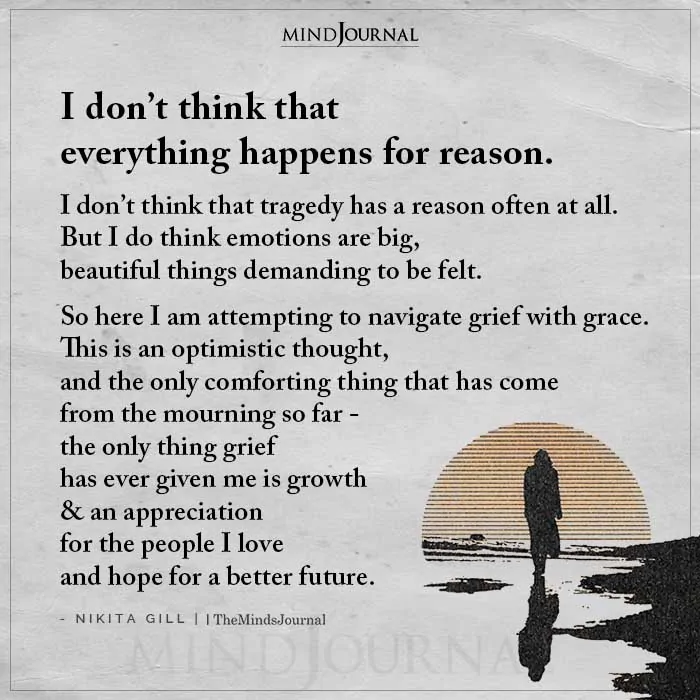
7. Free Will and Choices
The concept of free will introduces an interesting dimension to the discussion. If everything happens for a reason, does that imply our choices are predetermined?
Some argue that while external circumstances may be guided by a higher plan, individuals possess the power to make choices and shape their own destinies. In this view, everything is happening for a reason, but individuals also have the freedom to influence the course of their lives through their decisions and actions.
8. The Mystery of the Universe
The question of whether everything happens for a reason delves into the mysteries of the universe and our place within it. It touches upon existential inquiries about the nature of reality, the purpose of life, and the existence of a higher power or cosmic order.
While science provides us with explanations for many phenomena, there are still aspects of life that elude our understanding, leaving room for speculation and contemplation.
Related: How To Overcome Difficult Situations In Life: 5 Simple Steps
9. Finding Meaning and Purpose
So does everything happen for a reason? The truth is, it is a deeply personal belief. For some, the notion provides comfort and a sense of purpose in navigating life’s ups and downs.
It offers solace in times of adversity by suggesting that there is a greater plan unfolding, even if we cannot comprehend it fully. However, others may find meaning and purpose in embracing the unpredictability and embracing the freedom to create their own path.
10. Cultural and Religious Perspectives
Cultural and religious beliefs often shape our understanding of whether everything happens for a reason. Many faith traditions teach that a higher power or divine plan guides the events of our lives.
These beliefs offer a sense of comfort and provide a framework for finding meaning and purpose in both joyful and challenging circumstances.
11. The Role of Intuition and Gut Feelings
Intuition and gut feelings can sometimes guide us in making decisions or navigating life’s uncertainties. Some individuals believe that these inner nudges are signs or messages from the universe, indicating that everything is unfolding as it should.
Paying attention to our intuition can lead us to paths and opportunities that align with our deeper purpose.
12. The Influence of Personal Energy and Vibrations
The answer to “does everything happen for a reason?” can be explored through our own energy and vibrations.
The concept of energy and vibrations suggests that our thoughts, emotions, and actions emit certain frequencies that can attract or repel specific experiences and outcomes.
According to this perspective, everything is happening for a reason because our energetic state attracts corresponding events into our lives. Positive energy and intentions may lead to positive outcomes, while negative energy could manifest challenging situations.
13. The Interconnectedness of All Beings
If we consider the interconnectedness of all beings and the web of relationships in the world, it becomes easier to comprehend the idea that everything happens for a reason.
Our actions and choices can have ripple effects that extend far beyond our immediate awareness, influencing the lives of others and shaping the course of events.
Related: Coincidence or Connection? 5 Types of Synchronistic Connections You Make In Your Lifetime

14. The Power of Manifestation
The concept of manifestation suggests that our thoughts and desires have the ability to create our reality. Proponents of manifestation believe that by focusing our energy and intention on specific goals or outcomes, we can bring them into fruition.
From this perspective, everything happens for a reason because our thoughts and intentions align with the events and circumstances we attract.
15. Lessons in Empathy and Compassion
Difficult experiences can cultivate empathy and compassion within us. Going through challenging times allows us to develop a deeper understanding of others’ struggles and offer support and comfort.
These experiences teach us valuable lessons in empathy, reminding us of the interconnectedness of human experiences and reinforcing the idea that everything happens for a reason.
16. The Influence of Past Life Karma
Karma can often help us answer your question “does everything happen for a reason?” Belief in reincarnation and karma suggests that our present experiences are influenced by the actions and choices we made in past lives.
According to this perspective, events and circumstances in our current life are a result of the karma we have accumulated over multiple lifetimes. From this viewpoint, everything happens for a reason as we navigate the consequences of our past actions.
17. The Power of Positive Mindset
Maintaining a positive mindset can shape our experiences and perceptions. Optimism and positive thinking help us approach challenges with resilience and seek opportunities for growth and learning.
By adopting a positive mindset, we can find reasons and meaning even in the most difficult situations, reinforcing the belief that everything happens for a reason.
18. The Evolution of Collective Consciousness
Collective consciousness refers to the shared beliefs, values, and awareness of a community or society. Some argue that the collective consciousness of humanity shapes events and outcomes on a larger scale.
As our collective consciousness evolves, so too does the nature of the events that unfold, leading to a greater sense of purpose and interconnectedness in the world.
19. The Influence of Divine Timing
The concept of divine timing suggests that events unfold according to a higher plan or cosmic timetable. Sometimes, things may not happen when we want them to, but they occur at the perfect moment for our growth and development.
Trusting in divine timing allows us to surrender control and have faith that everything happens for a reason, even if it doesn’t align with our immediate desires.

Takeaway
Does everything happen for a reason?
The question of whether everything happens for a reason is a complex and multifaceted inquiry that has captivated humanity for centuries. While there are various perspectives on the matter, it ultimately comes down to personal interpretation and belief.
Whether you find solace in the idea of a grand design or prefer to embrace the chaos and unpredictability of life, what truly matters is how we navigate and find meaning in the events that unfold before us.
So, reflect on your own experiences, explore different perspectives, and embrace the journey of discovering what resonates with you personally.
Related: 8 Effective Ways To Cultivate Positive Thinking In Your Life
Frequently Asked Questions (FAQs):
Is it a fact that everything happens for a reason?
The belief that “everything happens for a reason” is a philosophical perspective, not an established factual truth, as it’s subjective and context-dependent.
Is it true whatever happens happens for good?
No, not everything that happens is inherently “good.” Events and their outcomes can be positive, negative, or neutral, depending on perspective.
Is there a reason for life?
The reason for life is a profound philosophical and existential question, with answers varying depending on individual beliefs, perspectives, and worldviews.
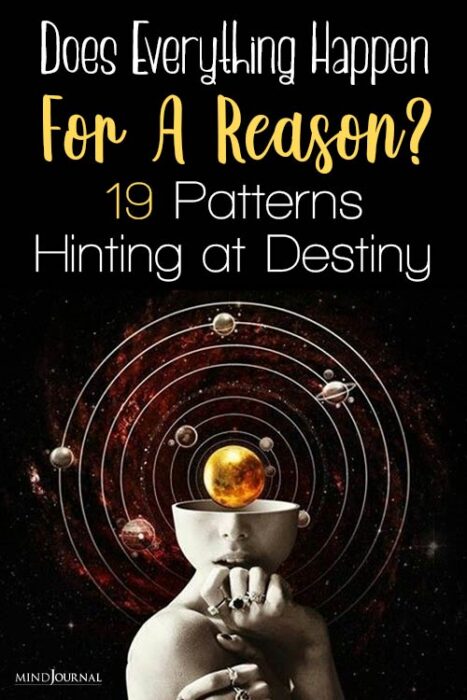
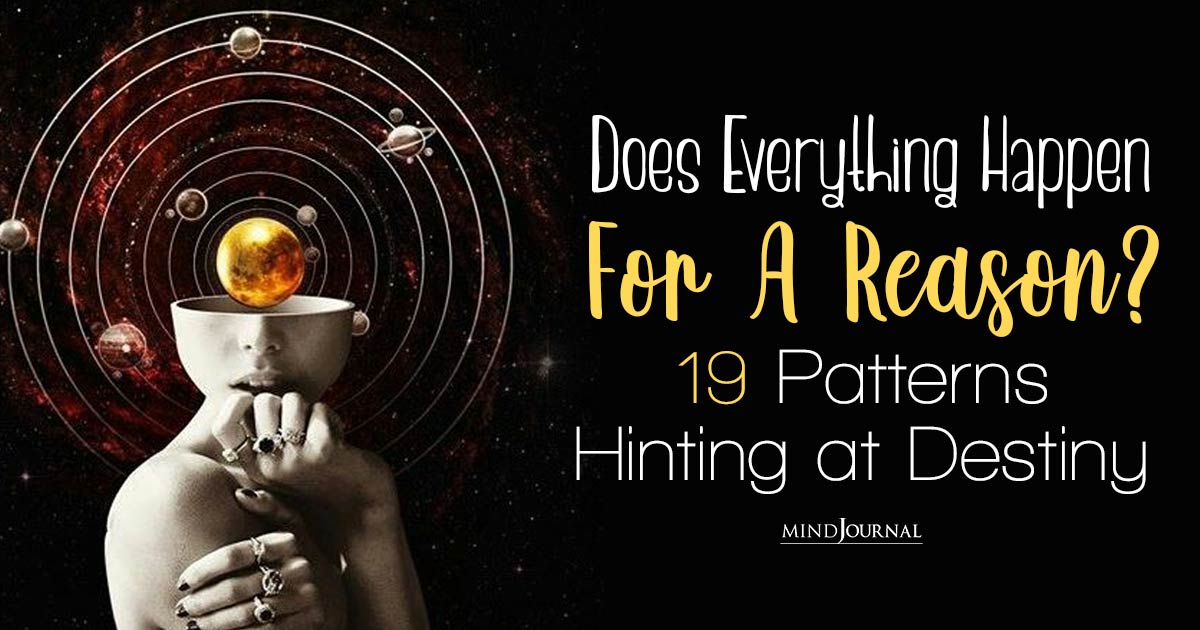




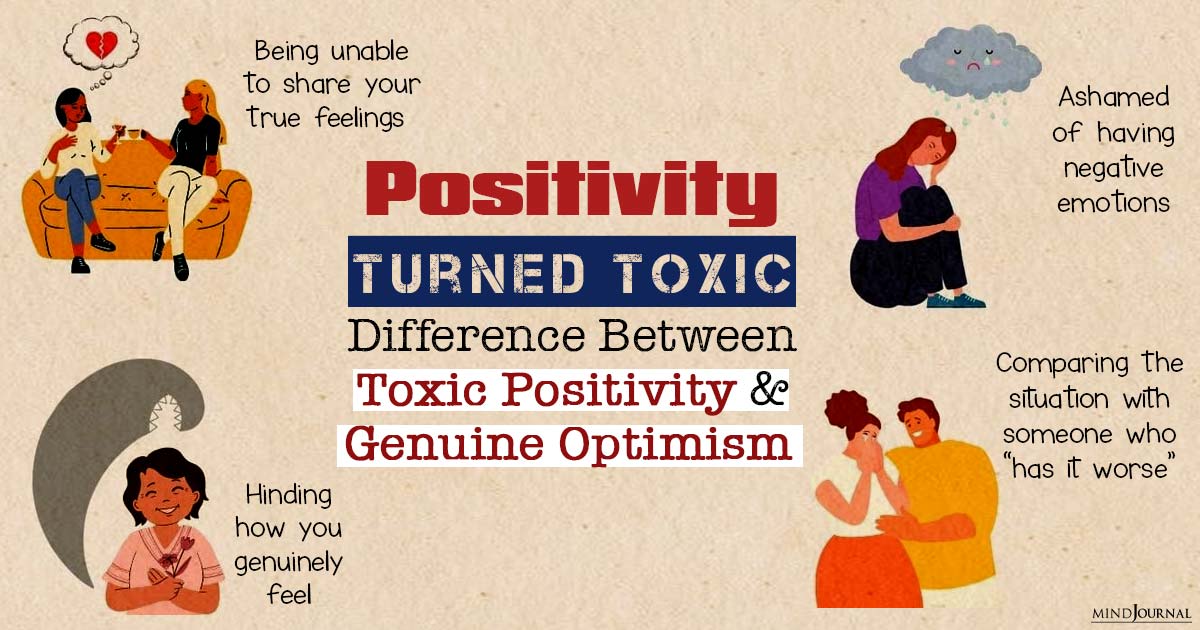
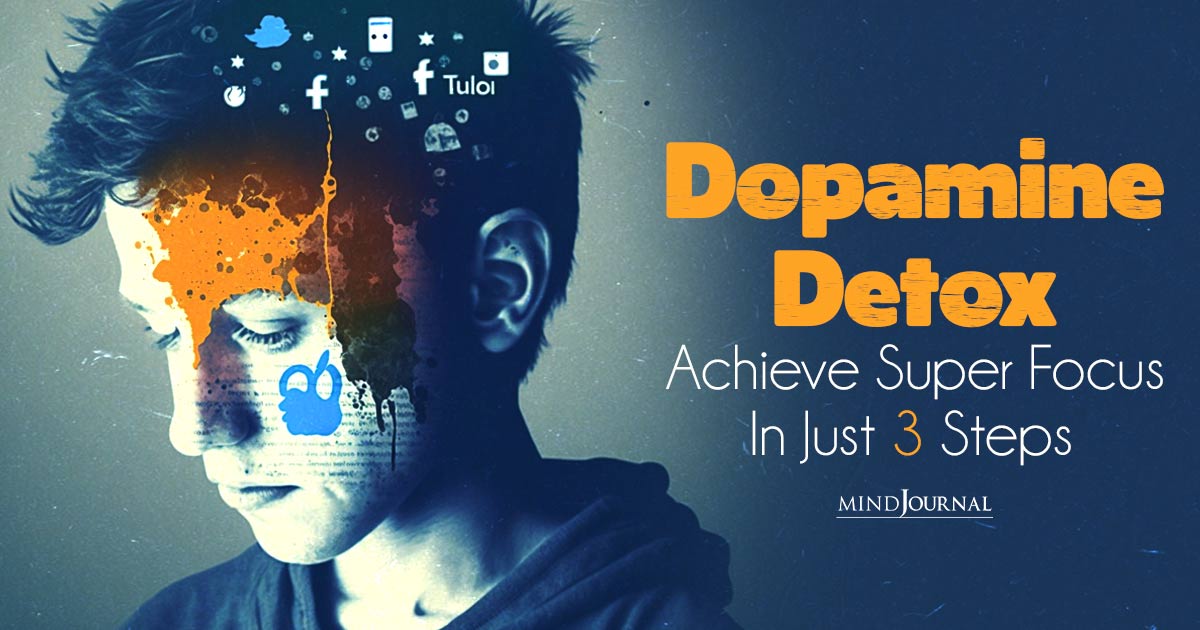
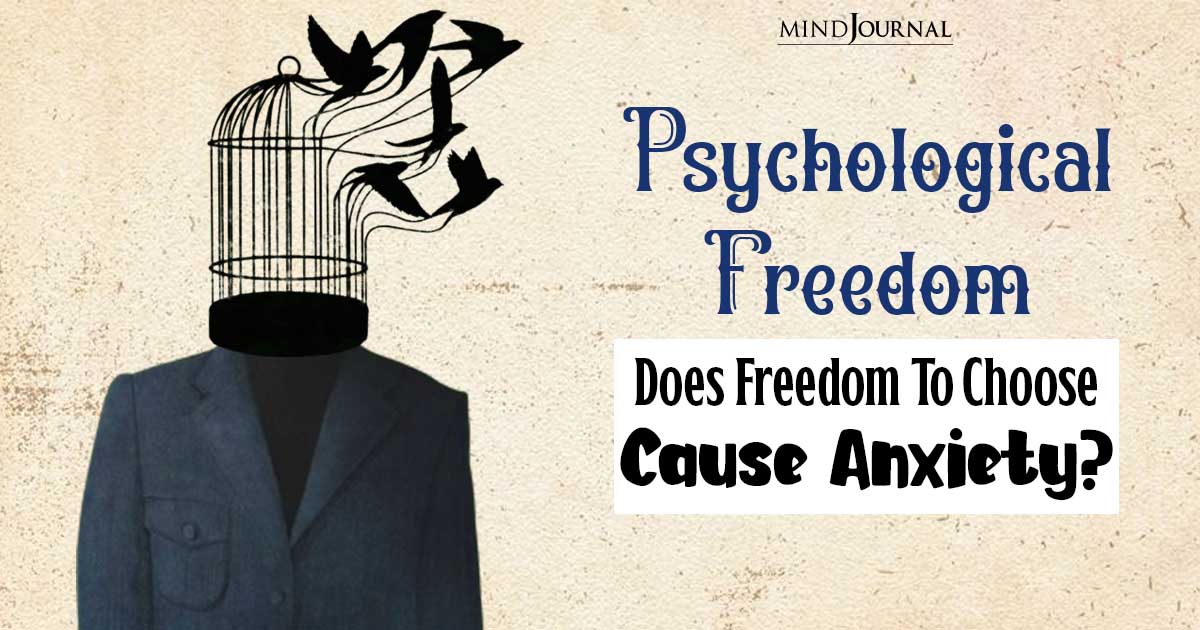
Leave a Reply
You must be logged in to post a comment.